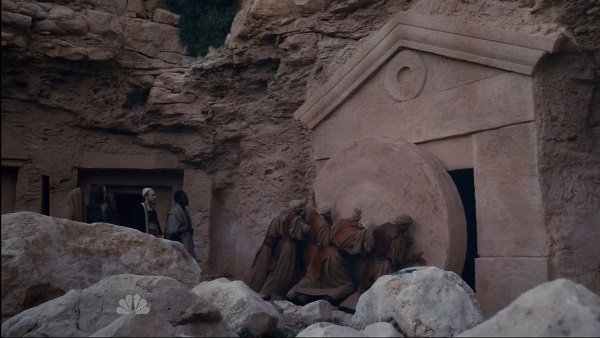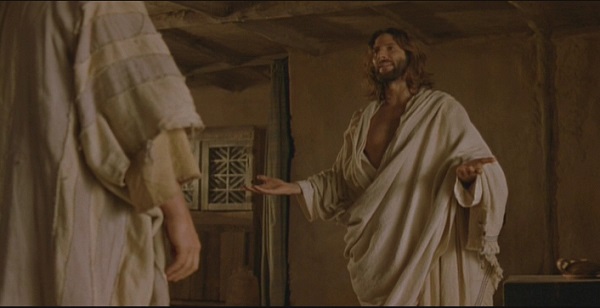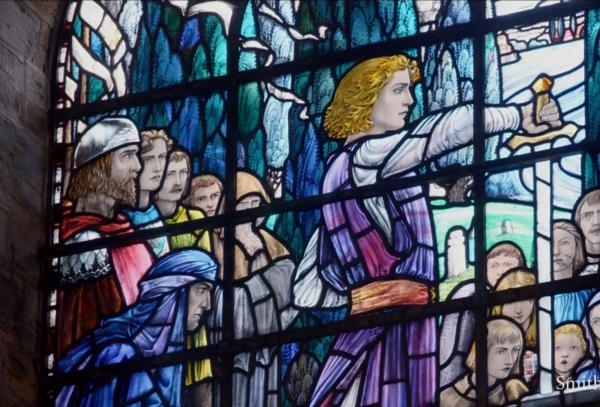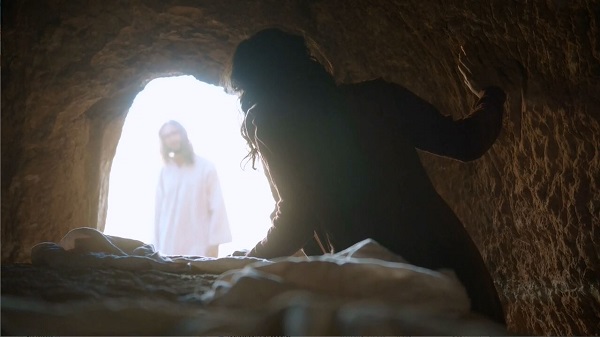
Five men roll a massive stone to seal Jesus’ Tomb – AD – The Bible Continues
This question is from someone who clearly does not understand the limits of science or the scientific method. So let me start with a comparison to demonstrate why science can neither prove nor disprove miracles. Asking if science has proved miracles are not real is like asking if your bathroom scale has showed how much your pet [cat, dog, whatever – insert here] loves you. It should be readily apparent why your bathroom scale, which measures physical weight, cannot measure a non-physical quantity like love, particularly in a creature that is not even human. So there is no way for it to determine if your pet is even capable of “love.” Careful – behavior is not love. Even if your pet exhibits certain behaviors, that is not proof of love, and, even if it were, it (love) is still not a quantity that your scale could measure. Continue Reading








_550.jpg)
